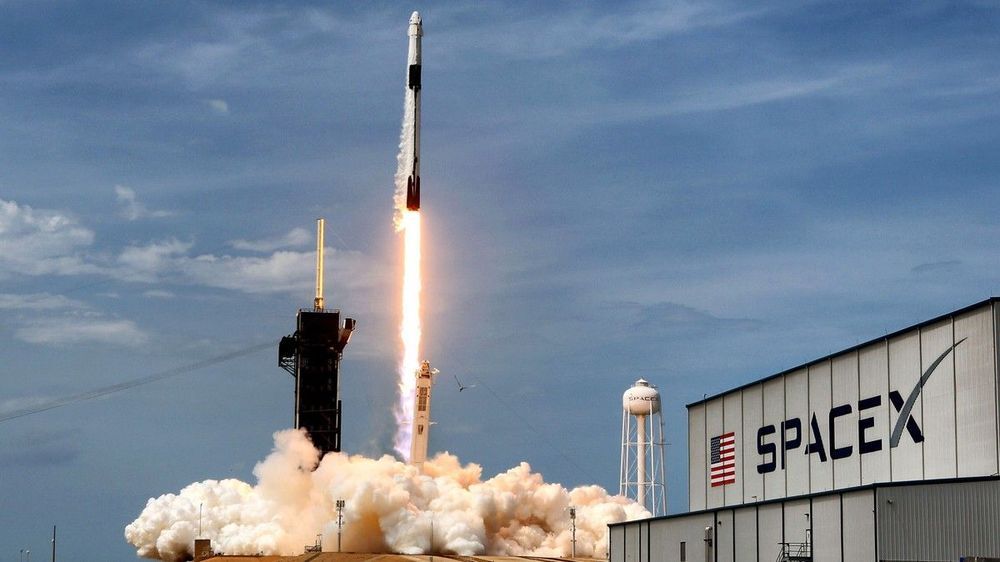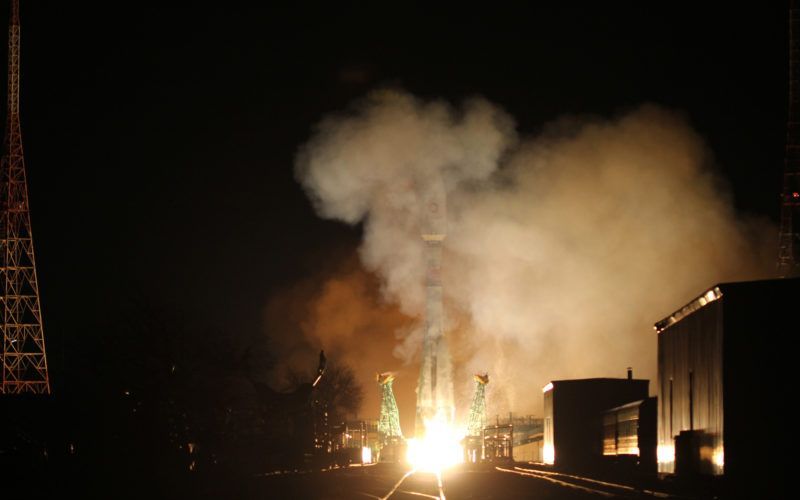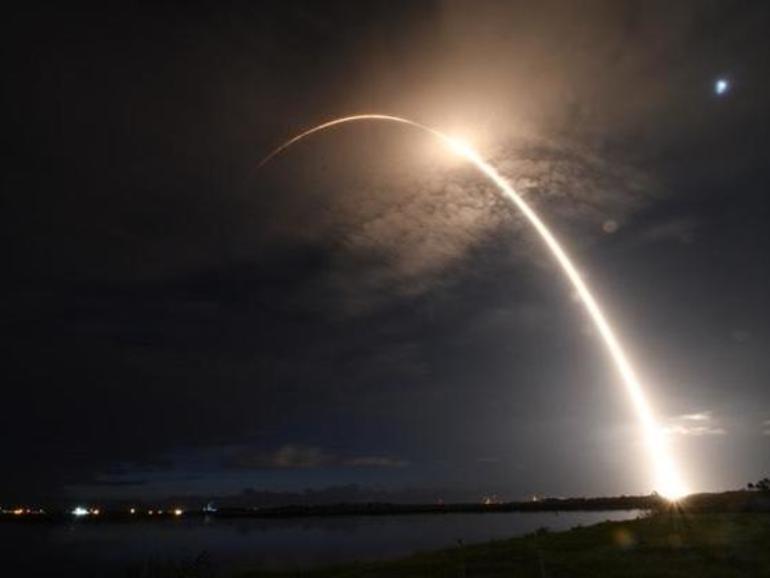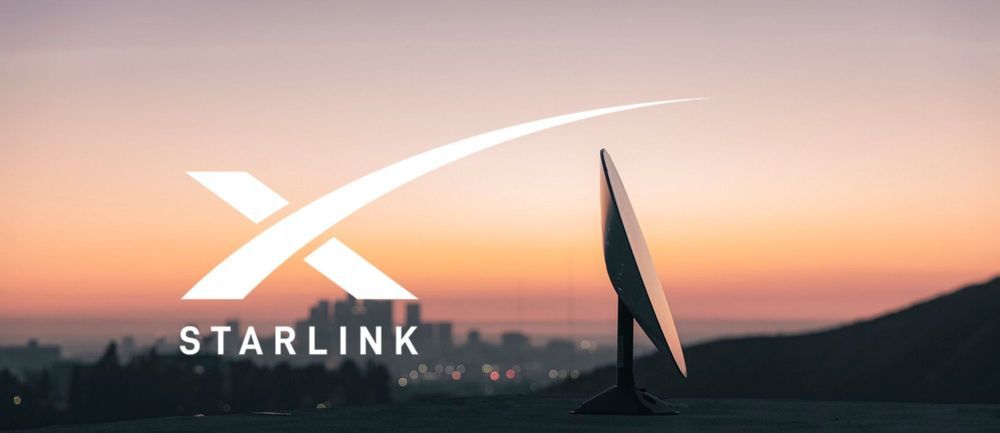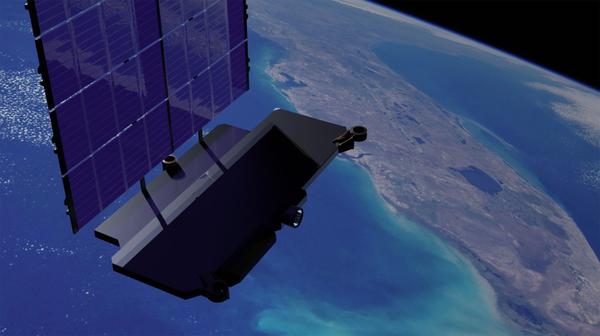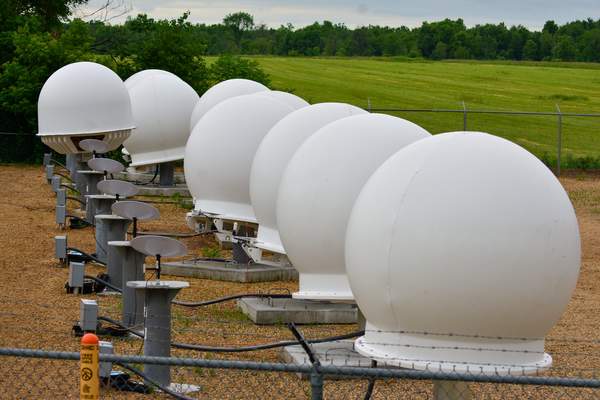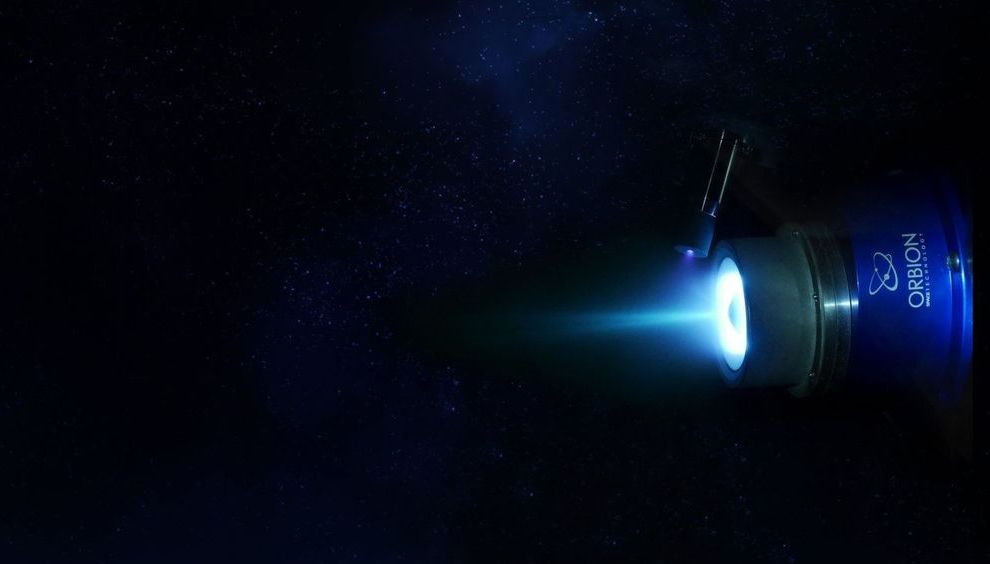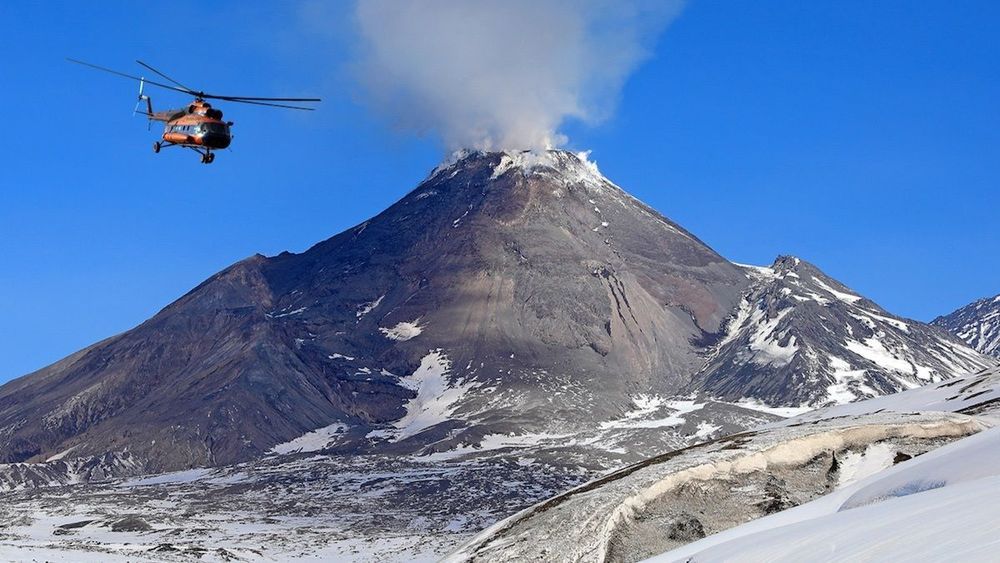The low-orbit satellite service should be a huge step up for rural Americans. But experts say it won’t be the game changer many expect.
Category: satellites
OneWeb is set to resume launches with Arianespace in December to build out its Low-Earth Orbit (LEO) satellite internet constellation. The satellite operator announced Monday that Arianespace will provide 16 more launches, each placing another 34 to 36 satellites into OneWeb’s constellation.
This update comes as OneWeb is in the midst of a restructuring deal with the U.K. government, Bharti Global Limited, and Hughes Network Systems after filing for Chapter 11 in March. The U.K. government and Bharti Global Limited announced in July they formed a consortium to acquire OneWeb, each providing $500 million. Hughes joined the consortium in July with a $50 million investment. The deal is still subject to regulatory approval and is expected to close by the Fourth Quarter of 2020.
OneWeb has 74 satellites in orbit and its return-to-flight launch in December will increase the fleet to 110 satellites. The company plans to complete the deployment of its constellation by the end of 2022, and start commercial services by the end of 2021. The initial service regions above 50 degrees North latitude will include the United Kingdom, Alaska, Northern Europe, Greenland, Iceland, the Arctic seas and Canada.
Starlink Terminal Digital Illustration Created By: Erc X @ErcXspace via Twitter.
SpaceX is actively assessing the Starlink broadband network’s performance, it begun a private beta service for users across multiple U.S. states. Company employees received early access to the user terminal and Wi-Fi router device to connect and receive data from the Starlink satellites in space. To date, there are around 708 internet-beaming Starlink satellites in low Earth orbit, out of the 4,409 satellites SpaceX plans to initially deploy.
The 19-inch user terminal dish will not require a professional to install at home, like other networks. The customer will be able to easily install the service – “Instructions are simply: plug-in socket, point at sky,” the founder of SpaceX Elon Musk said. Early this year, he shared that the Starlink terminal dish features the ability to search for the satellite constellation –“Starlink terminal has motors to self-adjust optimal angle to view sky,” Musk shared. The device’s technology is advanced enough to find the signal on its own, users will not have to figure out where the Starlink constellation might be nor adjust the terminal as the satellites move across the sky.
The first performance numbers from SpaceX’s Starlink satellite internet service are coming in and they’re looking great. End-user terminal production numbers, though, are another matter.
This week on September 16, the Federation of Northern Ontario Municipalities (FONOM) Board of Directors held a meeting to discuss their support for bringing SpaceX’s Starlink broadband internet service to Canada. “The Board adopted a resolution during a recent meeting in Hearst, held both electronically and in-person, supporting Starlink, a satellite internet service that’s being developed by Space Exploration Technologies Corporation’s (SpaceX),” FONOM representatives wrote in a press release. “The Resolution also calls on the Canadian Radio-television and Telecommunications Commission (CRTC) to permit and expand the company a Basic International Telecommunications Services (BITS) license.”
“We know today our citizens require greater connectivity than 50/10 megabits per second,” the President of FONOM Danny Whalen said in a statement. “FONOM believes that the Starlink program is our best option.”
SpaceX says its service is capable of providing low-latency broadband internet below 30 milliseconds, and download speeds greater than 100 megabits per second.
Starlink Digital Illustration Created By: Erc X @ErcXspace via Twitter.
SpaceX is building its Starlink broadband internet satellite network in low Earth orbit. To date, the aerospace company has deployed 708 satellites out of the 4,409 that will initially make-up the network. Company officials state the main focus of the network will be to connect rural areas on Earth to the internet, areas where internet access is unreliable and inaccessible. Starlink customers will receive service from space via user terminals that look like a ‘UFO on a stick’. The wireless service will be easy to install at home, just ‘plug-in and point at sky.’
The company has not made public how much the internet service will cost per month. Regarding the pricing, SpaceX President Gwynne Shotwell told reporters last year – “All I know is you will be far happier with the value of the Starlink service than you are with your current service. You will, for sure, get way more bandwidth for the same price, or way more bandwidth for less…You’ll be far happier with this. The value will be far greater.” Starlink customers would be supporting missions to Mars; the revenue will provide additional funding towards the development of a Starship fleet that would enable humans to live on the Red Planet.
A SpaceX Falcon 9 rocket is about to carry what will soon become the International Space Station’s first privately-built airlock.
The company has previously built standardized boxes for space-based experiments and tiny satellite deployers, The Verge reports.
The Bishop is shaped like a bell jar and attaches itself to the outside of the space station using a number of clamps and latches.
“Once it’s there, it’s just extra real estate until we want to use it,” Mike Lewis, Nanoracks’ chief innovation officer, told The Verge. “We can use it in a number of ways, the first of which is to bring things outside.”
Featured Image Source: Merrillan, Wisconsin resident r/ darkpenguin22 via Reddit.
SpaceX is building its Starlink internet network in low Earth orbit. The aerospace company plans to fund its space program by offering affordable, low-latency, broadband internet globally. SpaceX initially plans to deploy 4,409 internet-beaming Starlink satellites, according to a recent letter the company sent to the Federal Communications Commission (FCC). These satellites will operate at altitudes between 550 to 570 kilometers above Earth. To date, there are approximately 708 Starlink satellites already in low Earth orbit.
Company employees are actively private beta testing the Starlink network via user terminals that look like a ‘UFO on a stick’ and Wi-Fi router. – “They show super-low latency and download speeds greater than 100 [megabits] per second [Mbps],” SpaceX Senior Engineer Kate Tice shared during the latest deployment broadcast, “That means our latency is low enough to play the fastest online video games and our download speeds are fast enough to stream multiple HD movies at once.”
Orbion is a four-year-old startup in Houghton, Michigan, that specializes in Hall-effect plasma thrusters for small satellites.
WASHINGTON — Small satellite manufacturer Blue Canyon Technologies announced Sept. 15 it selected Orbion Space Technology to supply the electric propulsion system for the U.S. military’s Blackjack constellation.
Blue Canyon is producing four satellites for the Defense Advanced Research Projects Agency’s Blackjack program. DARPA plans to launch as many as 20 small satellites to demonstrate that a mesh network in low Earth orbit can meet military requirements at lower cost and shorter design cycles than traditional Pentagon programs.
DARPA in October 2018 selected Colorado-based Blue Canyon as one of the satellite bus suppliers for Blackjack. The agency in June 2020 awarded the company a $14.1 million contract to manufacture four satellites, with options worth $99 million for up to 20 satellites.
Scientists analyse images over seven decades.
German and Russian scientists say they have documented the life cycle of a volcano for the first time, revealing that it has a kind of “memory”.
The volcano in question is Bezymianny, an active stratovolcano on the Kamchatka peninsula in eastern Russia which suffered a collapse in its eastern sector back in 1956.
Photographs of helicopter overflights from Soviet times have now been analysed alongside more recent satellite drone data using state-of-the-art methods at the German Research Centre for Geosciences (GFZ) in Potsdam.
